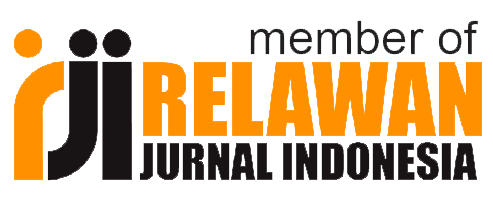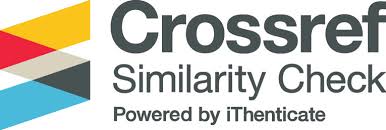Development And Optimization of Self Microemulsifying Drug Delivery System (SMEDDS) Curcumin to Increase Bioavaibility
Abstract
Curcumin has been shown to have activity as an anti-tumor, anti-inflammatory, anti-viral, anti-oxidizing and anti-HIV. The use of curcumin in a long-term treatment process provides a low toxicity so it is clinically very beneficial to develop. The active ingredient of curcumin derived from curcuma longa plant extract has a very low bioavaiblity. This is due to the poor solubility of curcumin in water (11 ng / ml, pH 5.0) so that it is slightly absorbed in the gastrointestinal tract. This problem can be overcome by making the preparation of curcumin in the form of Self Microemulsion Drug Delivery System (SMEDDS).
Initial studies were screened for the solubility of curcumin with carriers of various types of oils, surfactants and cosurfactants. The screening results continued with the selection of optimum formula SMEDDS kurkumin using Simpelx Lattice Design (SLD) method. Three variables will give 14 SMEDDS curcumin formulas each of which the formula is tested for its characteristics as a critical point include:% transmittance, emulsification time and drug loading. The results of each test were analyzed with Exspert version 7 and continued validation of optimum formula with T test with 95% confidence level.
The results showed that the initial screening of curcumin was found to be the highest solubility in olive oil, Tween 80 surfactant and PEG 400 cosurfactant. The three types of materials were optimized with SLD giving optimum formula of SMEDDS curcumin composition with 0,026 olive oil composition; 0.0913 Tween 80 and 0.061 PEG 400.













